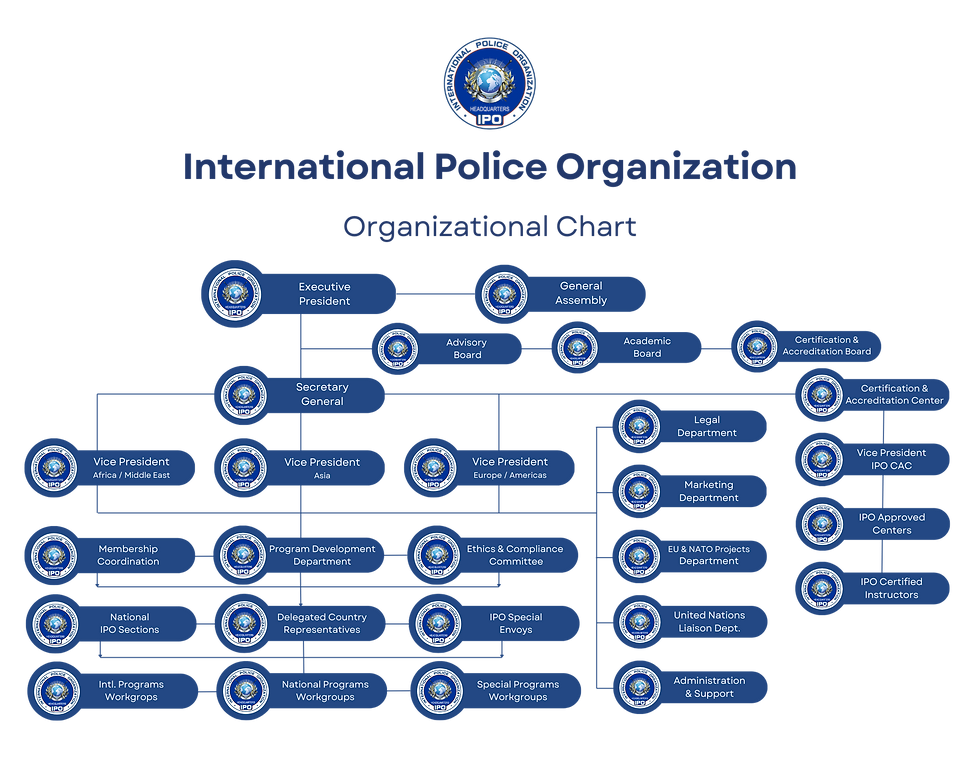Risks of the internet cyberbullying and cyber sexual harassment
- Aug 27, 2021
- 3 min read

- Cyber Bullying
Cyber Bullying is about intimidation, threats, humiliation, and general harassment of children and adolescents by their peers when they use the internet in general, social media, and their mobile phones in particular.
Bullying on social media is a phenomenon that, unfortunately, has also reached great proportions internationally. Popular social media platforms such as Facebook and Instagram unwittingly lend themselves to bullying and harassment among their users who maintain personal accounts.
Forms of online harassment:
❖ Repeatedly sending messages either electronically or on a mobile phone
❖ Interference and harassment of any online activity of the individual
❖ Creating fake social media profiles
❖ Creating false social media accounts
❖ Sending photographs or other types of recorded material of the individual to third parties
❖ Sending the individual's personal information to third parties
❖ Sending threatening messages to other people pretending to be the person being bullied
❖ Inciting others to monitor and harass the person online
Grounds for engaging in online harassment:
❖ Feeling powerless
❖ Low self-esteem Low self-esteem
❖ Fear of feeling like he or she doesn't belong anywhere, in any social group
❖ Impulsiveness and inability to control anger
❖ Developed elements of aggression and bullying
❖ Imitation
❖ Lack of awareness and consciousness of specific actions
❖ The person has been a victim of bullying in the past
The internet holds many dangers, especially for underage children and adolescents, and
social media have proven to be weak in protecting minors from incidents of bullying.
For this reason, parents must be particularly careful in order to ensure the safety of their child. Timely and meaningful help for the child or teen can really make a difference. Related research shows that if victims of online harassment get help early, they have better chances of preventing bad situations.
-Cyber Sexual Harassment
In cases of online sexual harassment, people with fake identities lure minors by claiming to be the same age as them and, among other things, often ask them to meet in person.
How does sexual harassment start?
Someone who tries to seduce a minor usually uses websites that the minor uses that allow communication (chat rooms).
They present themselves with false information and develop manipulative tactics, slowly suggesting legitimate activities to gain the child's trust. Chats can last for days, weeks, even months, until the child gains trust and agrees to a real meeting. Through thorough checks we end up revealing the identity and actions of the perpetrators. In this way we untangle the victim from the web , and spare potential future victims.
Online sexual harassment is carried out with vulgar words and by encouraging users to have sex online. So if the child or any user falls victim to such urges, then it will be recorded on video and distributed on the Internet on pages with child pornography material. Also, many students post pictures of themselves on the Internet without realizing that some perpetrators are using these pictures, editing them and making videos of inappropriate scenes.
We are no longer talking about isolated incidents, but about a reality experienced by a large proportion of the population, regardless of age group, men, women and, above all,
underage children. According to research, 1/5 of minors who have access to the Internet
have been subjected to sexual harassment, which often leads to physical abuse. Knowledge of potential risks and the means to avoid them is a key element of security. These means include useful technological tools as well as common sense. As in all areas, common sense develops with age and experience.
If we become a victim of cyber bullying:
✓ We immediately stop communicating with the bully.
✓ We confide in our parents or an adult about the bullying we have received.
✓ We do not forward bullying messages.
✓ If we know a friend who is a bully we advise them to stop.
✓ We filter emails from people who are harassing us and block their access to our blog.
✓ We report the incident
✓ If we know someone who is involved in child pornography, we report them to the
Cybercrime Unit
✓ We avoid online conversations with strangers and especially never agree to meet a
"friend" we have just met online.
✓ If an online conversation makes us uncomfortable, we stop it immediately and
report it to an adult.
✓ We do not send pictures that are potentially exposing us via email.
✓ We do not post photos of ourselves on social networking sites that are provocative.
✓ We do not give personal information to websites of dubious origin and content.
✓ We have a malware protection program (antivirus, antispyware, firewall).
By Magdalini M.O Athanasiou
Official Member of IPO Section Greece






Comments